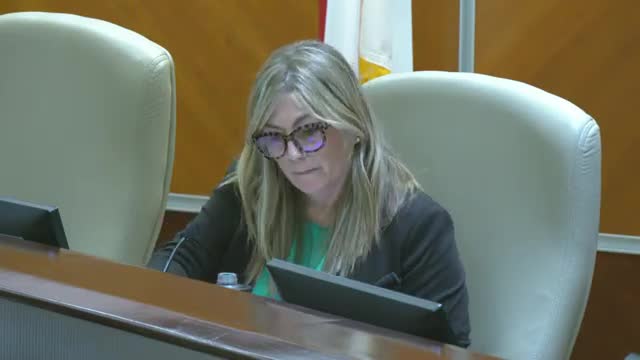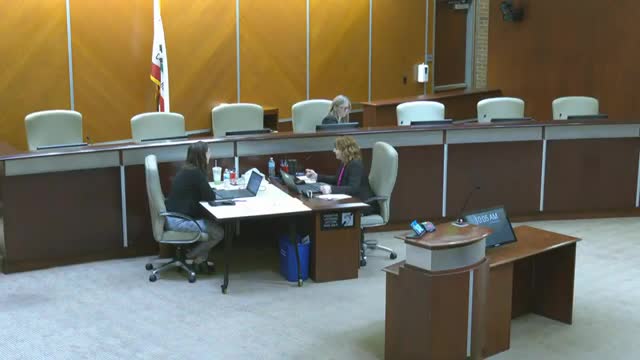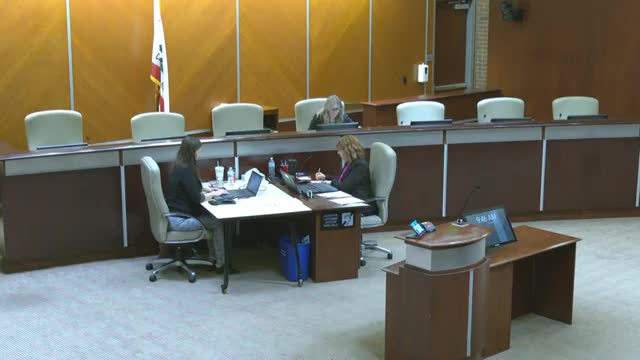Article not found
This article is no longer available. But don't worry—we've gathered other articles that discuss the same topic.

Zoning administrator approves design review for proposed gas station; environmental-health conditions added to record

Zoning administrator approves Canterbury at the Ranch design review with exhibit corrections

Zoning administrator approves Placer Vineyards clubhouse for Heritage subdivision

Zoning administrator approves variance to legalize existing garage at Auburn property

Parcel Review Committee approves multiple minor boundary line adjustments; Schuyberg item corrected for hearing date

